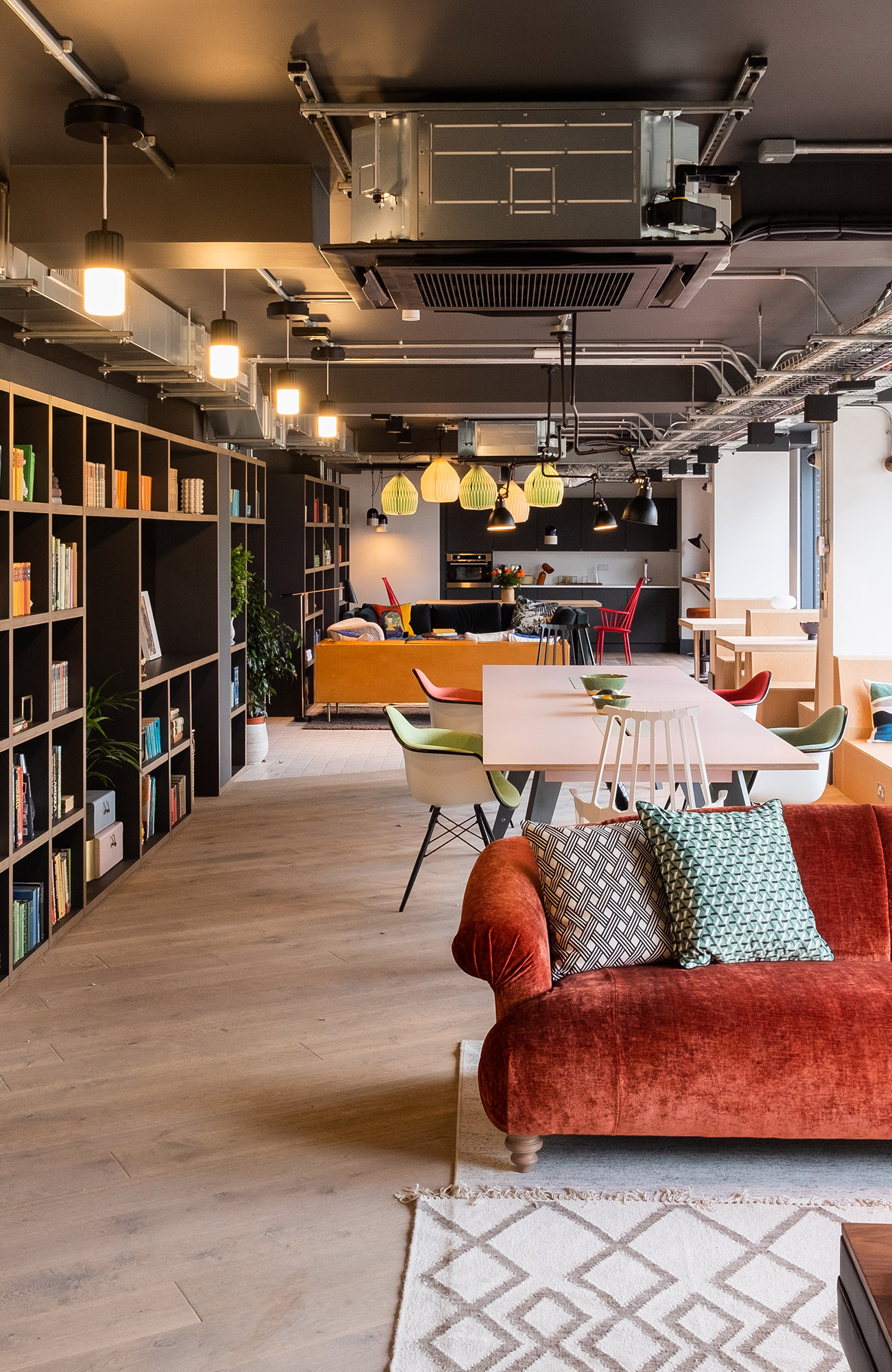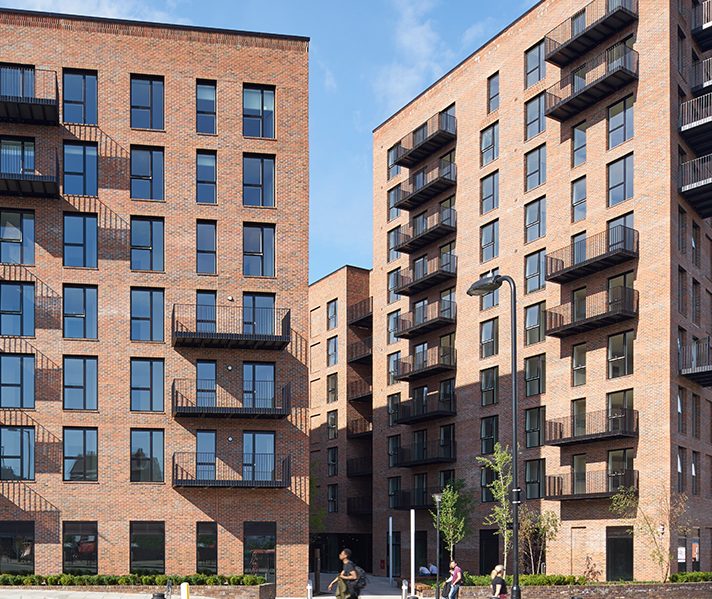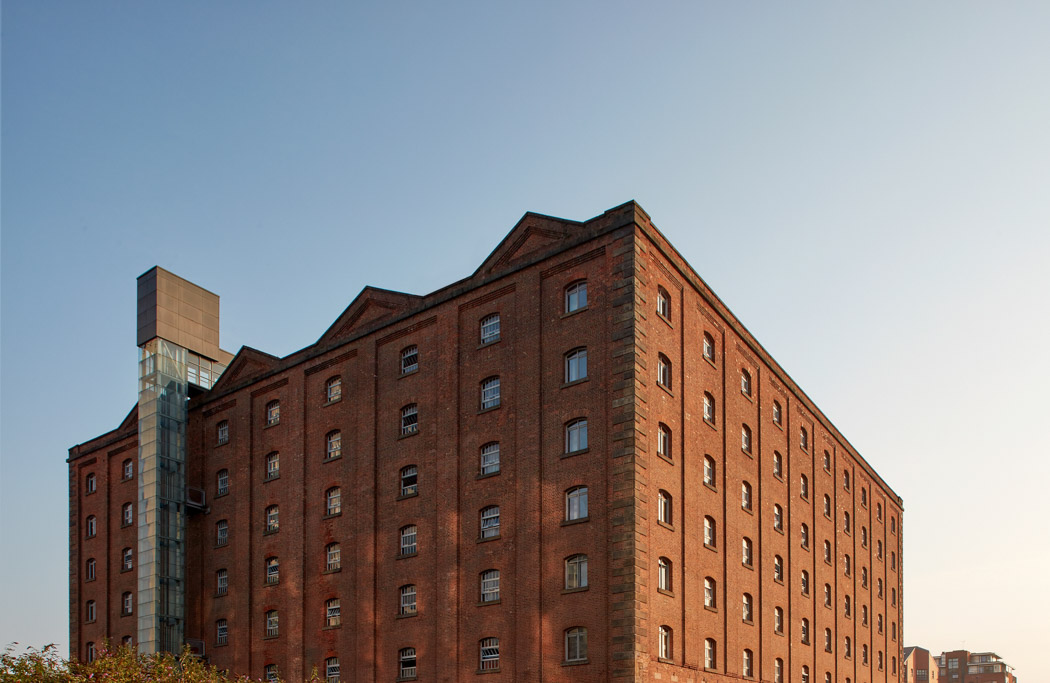

Space is a luxury commodity – especially in a densely populated city such as London. The Mayor of London and housing ministers are constantly looking at strategies to solve the ongoing housing crisis and build more affordable homes in the capital, yet many professionals are still choosing to rent long term.
The Housing White Paper released earlier this year by the government, “Fixing our broken housing market,” acknowledged the need to address density in housing provision. This is something that BTR developers are already doing through design of smaller units – to increase density to compete with the value offered by the private sale market and simultaneously increase affordability. This has led to a general increase in smaller units, which suits both investors and tenants.
Micro-living and Co-living: small but sociable
A step further from these smaller units are micro-units. These compact homes are becoming increasingly popular in London for more affordable urban living, following in the footsteps of New York and Tokyo. These very small units rely on other provisions such as amenities to attract tenants, who otherwise have extremely compact living spaces. These developments have a short build period making them very appealing to investors and housing ministers.
Co-living rental spaces are centred on a community approach. For many young professionals, lifestyle and convenience is more important than possessions which is why communal living spaces with a social environment are so appealing to some. While units may be small, co-living makes its sales pitch outside of the apartment – offering impressive amenities such as cinema rooms, restaurants and bars, gyms, private hire spaces and community events. Tenants are willing to pay for quality facilities and many enjoy paying just one collective monthly bill for rent, Wi-Fi and services.
Co-living build to rent schemes are on the rise, as the expensive housing market continues to drive demand in London and beyond. We believe this new niche will become a micro-market within BTR but it will have a ceiling and will only appeal to a certain demographic. It could also, however, be part of the solution to providing fast quality homes, regardless of how small the private unit is.
This type of living seems like a logical choice for millennials who would otherwise be living with parents or living with strangers in a shared house. Living collectively with an affordable rent which doesn’t eat up monthly salaries sounds extremely appealing to much of Generation Rent.
While we don’t focus on co-living and their associated micro units at Native, we utilise the mechanism of smaller units to improve affordability and density when designing and delivering BTR developments. Contact us for further information about our approach to the BTR market.







